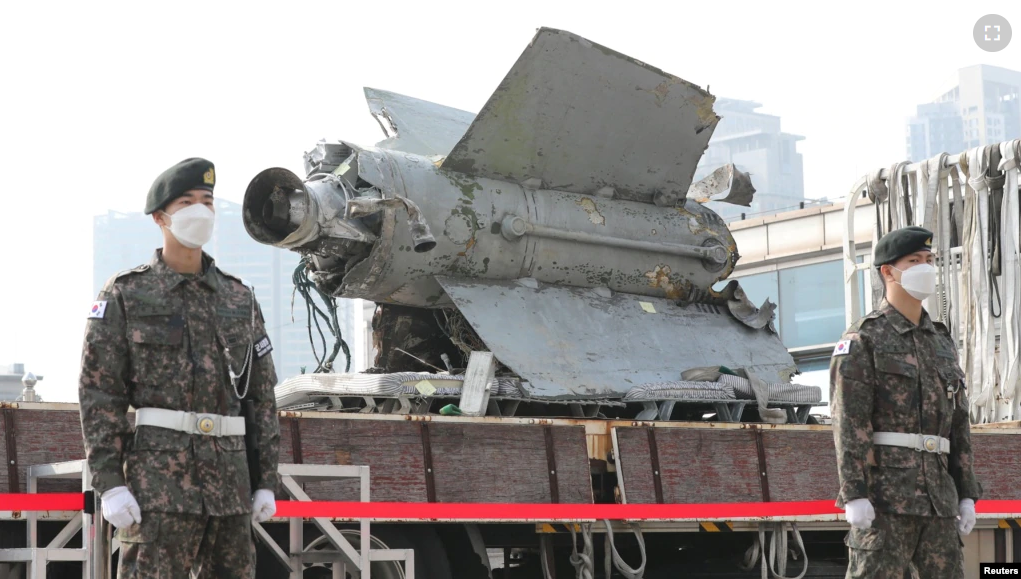North Korea’s missile tests are raising questions about its weapons program: How does the poor country pay for so many tests?
Some experts say each North Korean launch could cost $2 million to $10 million. But others say there is no way to estimate the cost. They say North Korea likely builds weapons at a much lower cost than other countries because of free labor and possible Chinese and Russian support.
North Korea launched around 30 missiles recently. These launches add to its already record-breaking number of weapons tests this year. Many were believed to have been ballistic missiles able to carry nuclear warheads.
Soo Kim is a security expert at the California-based RAND Corporation. She said a North Korean missile test could cost up to $10 million. This cost estimate is lower than similar tests in other countries, partly because North Korean labor is not expensive.
Lee Illwoo is an expert with the Korea Defense Network in South Korea. Lee said it is impossible for outsiders to correctly estimate weapons production costs in North Korea. “There are no ways for us to find at what cost North Korea produces certain weapons parts. They could have manufactured them by themselves, or China might have given them for free or at an extremely cheap price,” he said.
In addition to the record number of missile tests this year, there are also signs that North Korea is expanding its munitions facilities. The move could be an attempt to mass-produce newly developed weapons, said Hong Min of Seoul’s Korea Institute for National Unification.
Soo Kim, the RAND Corporation expert, said it is important to understand how North Korea is financing its weapons programs. It is doing so although the country faces United Nations economic restrictions and is separate from most world trade.
Each of North Korea’s missile and nuclear tests gives its scientists valuable information on weapons development. The tests also help strengthen Kim Jong Un’s leadership, said Kim Taewoo, former head of Seoul’s Korea Institute for National Unification.
“Some people say we should let North Korea keep firing missiles toward the sea so that they would use up their resources. But I would say that is an extremely naive opinion,” he said.
North Korea has argued its missile tests are meant as a warning against a series of U.S-South Korean military exercises. North Korean officials consider these military exercises training for an invasion.
North Korea is estimated to have about 1,000 ballistic missiles, enough for it to continue its pressure campaign through the 2024 U.S. presidential election. The goal is to get international restrictions lifted and other concessions, said Go Myong-hyun. Go is an expert at Seoul’s Asan Institute for Policy Studies.
“What North Korea wants to demonstrate before 2024 is that its nuclear weapons arsenal…has been completed and represents a much more significant threat than before,” Go said. “It’s crucial for them to maintain that threat…with the United States and they aren’t suddenly going to quiet down.”
I’m John Russell.
Hyung-Jin Kim and Kim Tong-Hyung reported on this story for the Associated Press. John Russell adapted it for VOA Learning English.
__________________________________________________________________
Words in This Story
ballistic missile – n. a weapon that is shot through the sky over a great distance and then falls to the ground and explodes
cheap – adj. not costing a lot of money
munitions – n. military supplies and equipment, especially ammunition; military weapons
facility – n. something (such as a building or large piece of equipment) that is built for a specific purpose
naïve — adj. having or showing a lack of experience or knowledge : innocent or simple
concession – n. the act of giving up something or doing something in order to reach agreement; something that you allow or do to end a conflict or reach an agreement
arsenal – n. a collection of weapons
crucial – adj. extremely important
